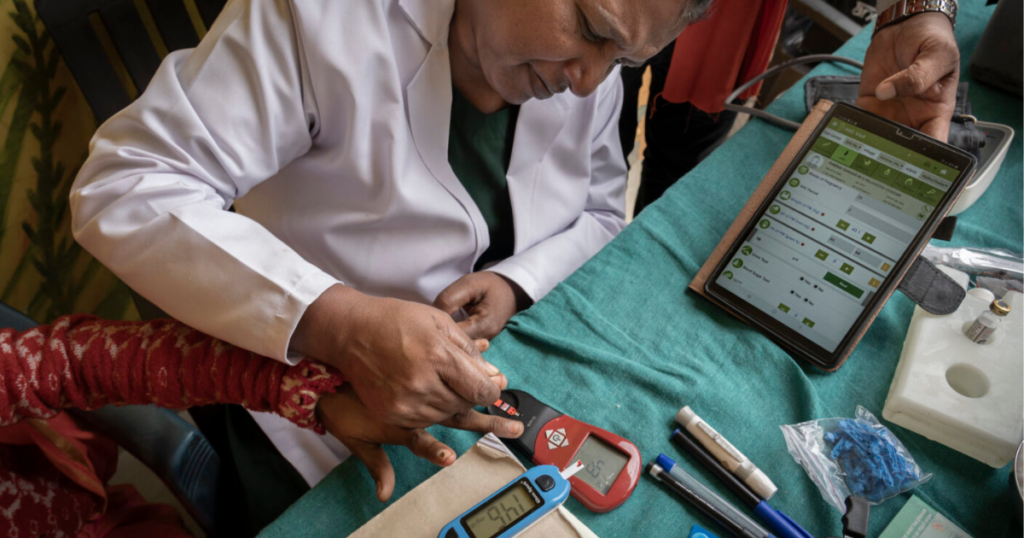Despite the lack of a common definition for circularity, there are some core principles to help us identify the concept:
i. Minimising waste and pollution
ii. Preserving and regenerating natural ecosystems while dealing with waste and residue
iii. Promoting fairness and inclusivity across local communities that bear the social costs of inefficient waste management.
These principles find direct and indirect relevance to the Sustainable Development Goals (SDG) for 2030 and have witnessed increasing interest.
Due to the extreme interconnectedness of agriculture with other industrial sectors of the economy, applying circularity across agri-based industries could help transform many other strategic industries and sub-sectors like textile, wood, and furniture and reduce their carbon footprint.
A significant opportunity lies within post-harvest interventions across food-based value chains. This global opportunity has been pegged at around USD 4.5 trillion building on many favourable economic factors. Business models like product-as-service, lease, sharing, recycling, and upcycling are potential opportunities to explore.
To progress and accelerate the transition towards more circular economy models across agricultural value chains, relevant stakeholders need to come together and build a uniform call for action.
Actions to incorporate circular economy models require deliberate collaboration and implementation of strategic roadmaps which can ensure success. This would mean taking advantage of the tailwinds that can help drive and sustain this change in the future, the increasing awareness of societies towards the resource and climate crisis, technological disruptions that are changing the face of innovation, emerging business models for circularity, and the incentivisation of the government.
Contributors: Ayushi Baloni, Shivangi Sharma, Debaranjan Pujahari, Anantha Narayan and Meenakshi Iyer.




